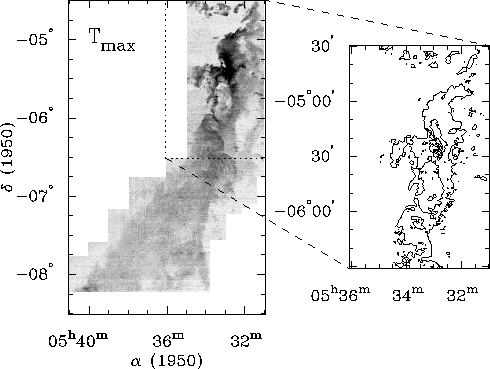
Figure E.11: A plot demonstrating the use of subimages.





define xytovp # $1=x $2=y : Sets ($3, $4) to viewport coords. set $3 ((vx2 - vx1) * ($1 - x1) / (x2 - x1)) + vx1 set $4 ((vy2 - vy1) * ($2 - y1) / (y2 - y1)) + vy1 end define vptoxy # $1=vx $2=vy : Sets ($3, $4) to xy coords. set $3 ((x2 - x1) * ($1 - vx1) / (vx2 - vx1)) + x1 set $4 ((y2 - y1) * ($2 - vy1) / (vy2 - vy1)) + y1 end define dobox # $1=blcx $2=trcx $3=blcy $4=trcy move $1 $3 # Move to lower left corner. draw $1 $4 # Draw to upper left corner. draw $2 $4 # Draw to upper right corner. draw $2 $3 # Draw to lower right corner. draw $1 $3 # Close box by drawing to lower left corner. end define outline # $1-$4=box, $5=lstyle; sets \11-\14. new tmpls # Create a dummy lstyle variable. set tmpls lstyle # Save current lstyle value. lstyle $5 # Set to new input lstyle value. dobox $1 $2 $3 $4 # Draw outline of box. xytovp $1 $3 \11 \12 # Convert to viewport values and save them. xytovp $2 $4 \13 \14 # Convert to viewport values and save them. lstyle tmpls # Reset lstyle value. free tmpls # Release the dummy lstyle variable. end define doconnect # $1=lstyle; sets \1-\4 and uses \11-\14. new tmpls xp yp # Create a dummy lstyle and position variables. set tmpls lstyle # Save current lstyle value. xytovp x1 y1 \1 \2 # Convert lower left corner to viewport values. xytovp x2 y2 \3 \4 # Do the same for the upper right corner. viewport 0 1 0 1 # Make entire screen accessable. lstyle $1 # Set to new input lstyle value. vptoxy \11 \12 xp yp # Convert point to world coordinates. move xp yp # Move to this position. vptoxy \1 \2 xp yp # Convert point to world coordinates. draw xp yp # Draw to this position. vptoxy \13 \14 xp yp # Convert point to world coordinates. move xp yp # Move to this position. vptoxy \3 \4 xp yp # Convert point to world coordinates. draw xp yp # Draw to this position. lstyle tmpls # Reset lstyle value. free tmpls xp yp # Release the variables. end ticksize 240 4 3600 4 # Force the tick size spacing. viewport 0.2 0.55 0.2 1.0 # Select the left side. lstyle 1 # Set the line style. expand 1.15 # Set the character size. font 2 # Set the font type. image orion.fits 1 # Read in plane #1. winadj 0 nx 0 ny # Set the x/y scale to be the same. header rd # Read header and set limits. halftone 0 20 # Draw the halftone. box bcnsthz bcnstvdyz # Draw a box. xlabel \ga (1950) mtext L 3.5 0.5 0.5 \gd (1950) expand 1.5 # Make the top label a bit bigger. mtext T -2 0.1 0 T\dmax expand 1.15 # Reset character size. limits 1 nx 1 ny # Reset the limits to pixels. set \1 nx - 101 # Set the left edge subimage. set \2 nx # Set the right edge subimage. set \3 ny - 161 # Set the bottom edge subimage. set \4 ny # Set the top edge subimage. outline \1 \2 \3 \4 4 # Draw an outline around selected region. viewport 0.7 0.95 vy1 vy2 # Select the right side. subimage \1 \2 \3 \4 # Select the subimage. set \5 \2 - \1 + 1 # When setting the aspect ratio, add 1 to set \6 \4 - \3 + 1 # each axis to account for the pixel size. winadj 0 \5 0 \6 # Scale so RA = DEC. header rd # Reset the limits to RA, DEC. levels 10 20 30 40 # Set the contour levels. contour # Draw the contour. ticksize 120 4 1800 3 # Force a smaller tick size spacing. box bcnsthz bcnstvdyzf # Draw a box. doconnect 2 # Connect image with subimage outline.

Figure E.11: A plot demonstrating the use of subimages.